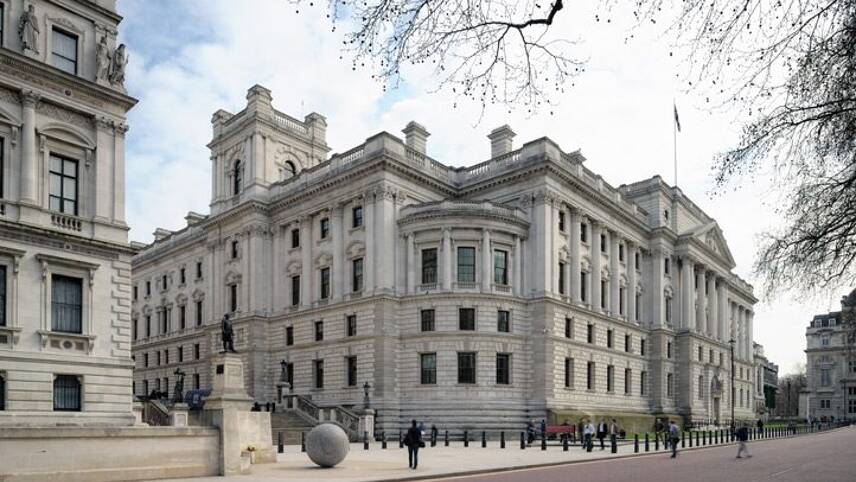Register for free and continue reading
Join our growing army of changemakers and get unlimited access to our premium content

Next week’s Budget will likely provide an indication of areas of focus for the NIS
The 30-year NIS was due to be published alongside the Budget next week, but treasury sources have told the BBC that the delay will enable the new chancellor Rishi Sunak to refocus the strategy on the UK’s net-zero emissions target, which is subject to the same 30-year timeframe as the NIS.
There has been no confirmation of when the strategy will be launched, but reports suggest that the delay will allow for changes to ensure that funding is reflective of the UK’s net-zero target for 2050.
The strategy outlines how £100bn will be spent over this parliament, and the BBC states that investments will be used to “level up” regions and outline spending projections for transport and digital infrastructure.
Next week’s Budget will likely provide an indication of areas of focus for the NIS, but it appears as if the Government is looking to embed climate thinking into its major infrastructure projects.
Heathrow domino
The UK Government was quick to respond to the ruling by the Court of Appeal, that upheld the challenge issued by environmental groups that the Heathrow expansion was unlawful on climate grounds. The decision found that the Government’s Airports National Policy Statement (ANPS) to approve the expansion was “unlawful” as it didn’t align to the needs of the Paris Agreement.
Judges noted that the former transport secretary Chris Grayling had failed to take the discussion on climate change, and impending legislation – namely Nationally Determined Contributions (NDCs) to the Paris Agreement – into account. The Government has said it will not appeal the decision.
The BBC has since reported that a £28.8bn new roads programme could be challenged in the courts after it learnt that proposals don’t take emissions reduction commitments into account. The plans aren’t due to be published until next month, but already environmental campaigners have acted under a fresh pretence that they can now hold the Government to account for planning projects.
Naturalist and broadcaster Chris Packham has also launched a legal challenge to the £100bn HS2 project. HS2 was proposed when the UK was still performing towards the aims of the 2008 Climate Change Act. But the Conservatives have since enshrined a net-zero emissions target into law, and there are serious concerns as to whether the HS2 project can comply with this vision.
Elsewhere, a scheme to expand Bristol airport has been rejected following protests that it would exacerbate the climate emergency, while the Welsh government has binned plans for a new road system around Newport on similar grounds.
In fact, the New Civil Engineer (NCE) is reporting that numerous UK infrastructure projects may face court cases on climate grounds, following the Heathrow expansion decision. An NCE investigation revealed that 64 applications were at the pre-examination or pre-approval stage, almost 20 of which are road projects, while 27 are energy projects; all of which could be subject to legal challenges.
The emphasis is on Ministers to ensure that climate impacts are a central focus of all project approvals and future legislative frameworks and the revamped NIS could set this approach into motion.
Next week, five House of Lords committees will quiz government representatives and external climate experts on topics ranging from internal carbon markets to climate impacts on migration.
Following the Heathrow court ruling, edie’s content editor Matt Mace asked: “Is Government nearing the promised land of joined-up climate policy?”. You can read his blog post here.
Matt Mace


Please login or Register to leave a comment.